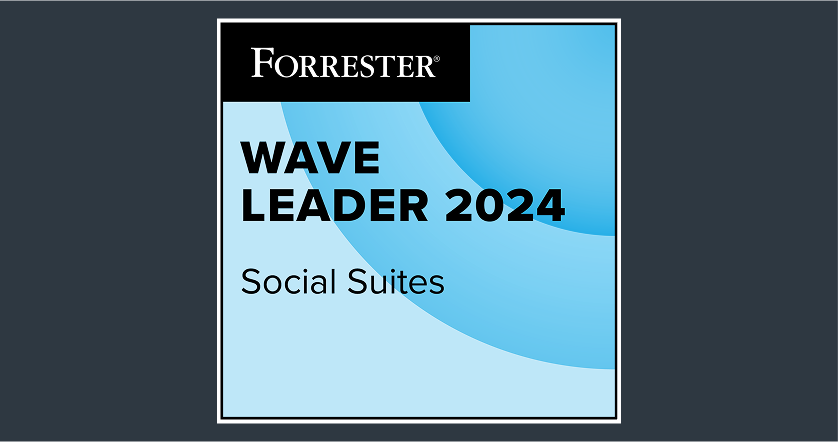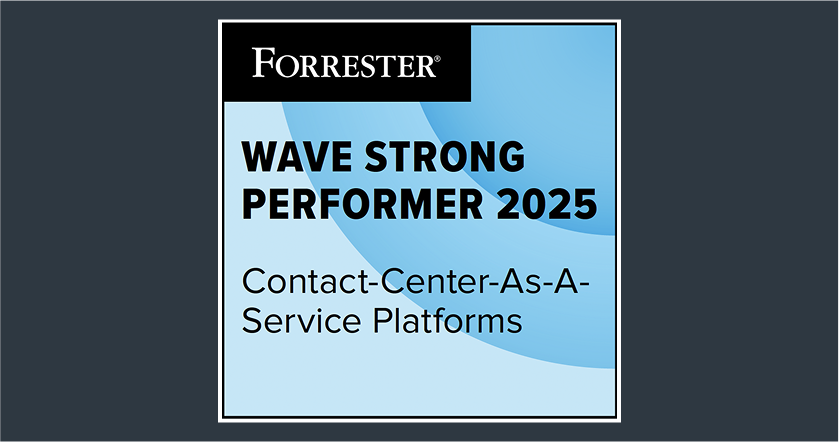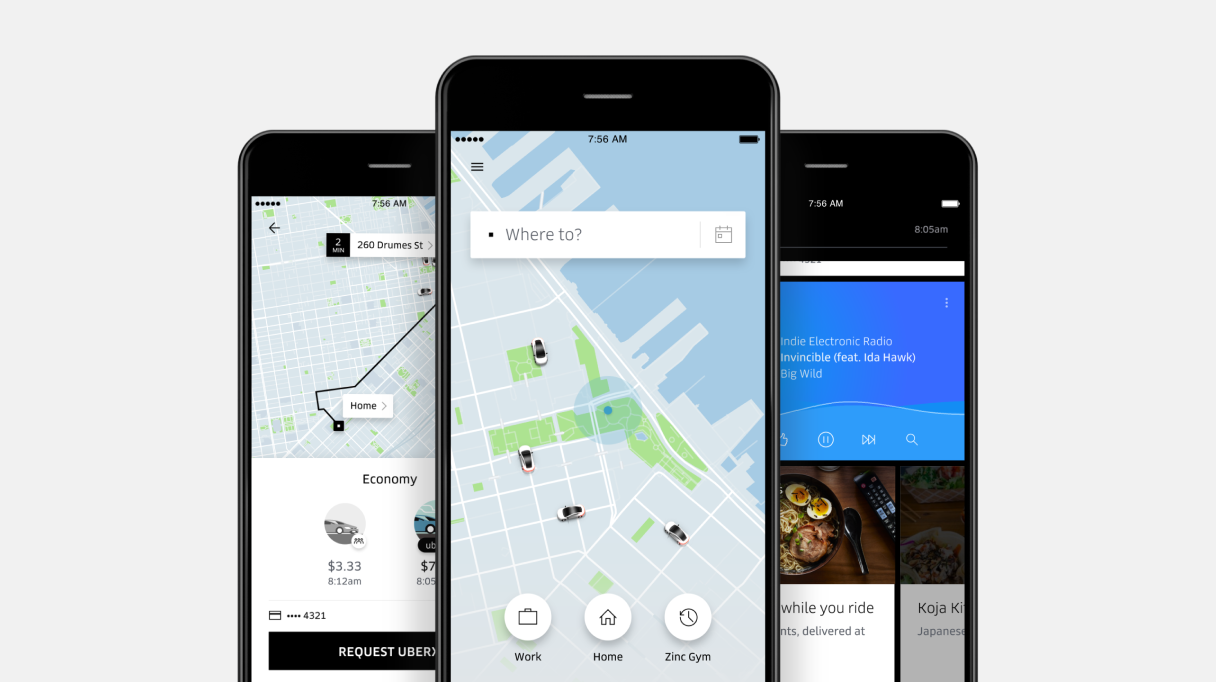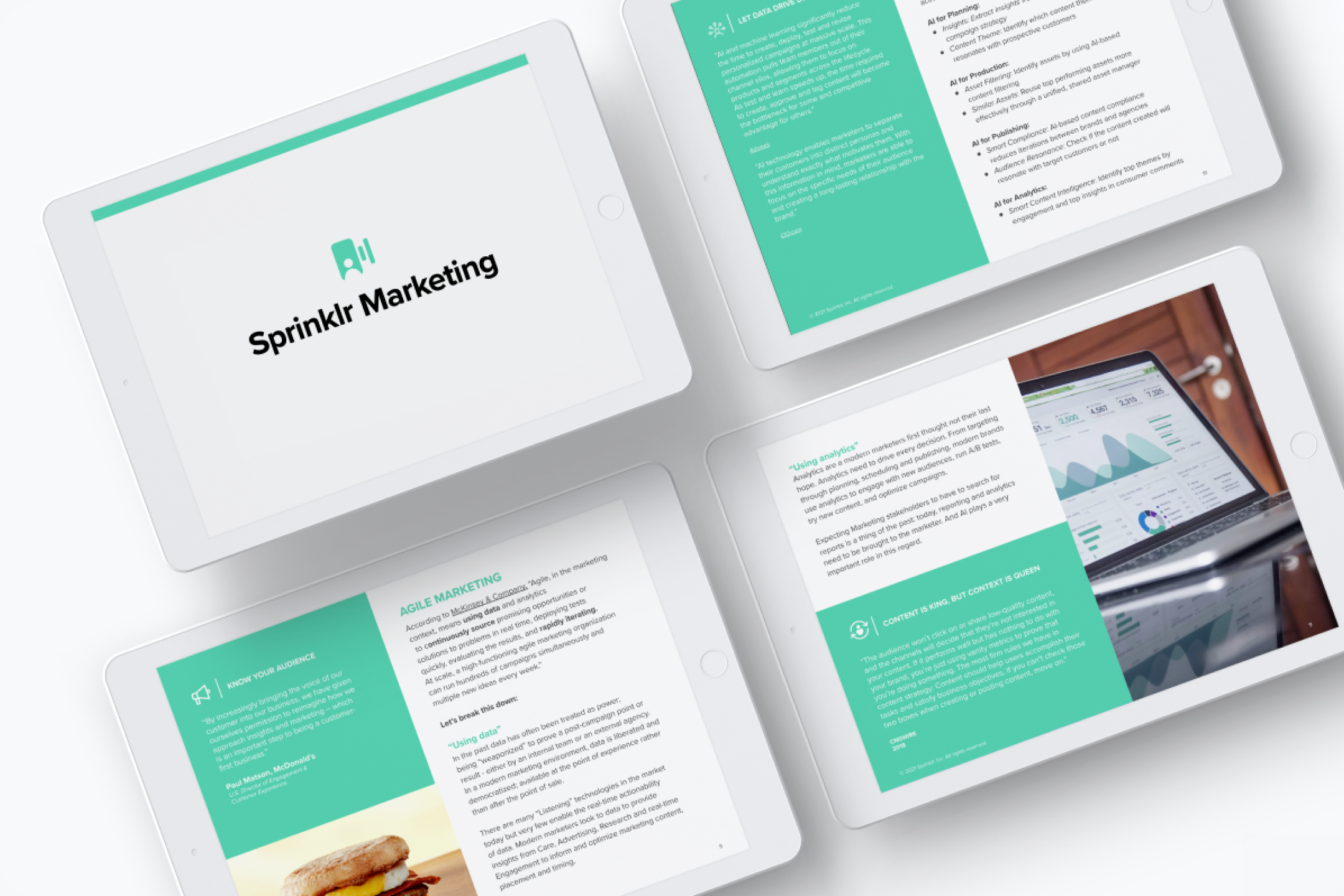- What is a content marketing platform?
- What are some popular ways to share content online?
- What is the best platform for content marketing?
- What are some key features of a content marketing platform?
- Key differences between CMS and CMP
- Why Sprinklr is the ideal content marketing platform for your business
What is a content marketing platform?
A Content Marketing Platform (CMP) is a software or technology solution that enables businesses to create, manage and distribute content across different channels and platforms.
CMPs are designed to streamline the content marketing process, from ideation to distribution, by providing a centralized hub for content creation, collaboration and optimization. Using a CMP can help you improve your content marketing effectiveness and efficiency by providing a structured and data-driven approach to content creation and distribution.
By leveraging the capabilities of a CMP, you companies can create and deliver more relevant, engaging and personalized content to your target audience, ultimately driving better engagement, leads and revenue.
What are some popular ways to share content online?
There are several platforms used in content marketing, including:
Website: the foundation of any content marketing strategy, essential for providing a centralized hub for all types of content
Blog: a section on a website that is dedicated to publishing regular, fresh and relevant content
Social Media: social media platforms such as Facebook, X, formerly Twitter, LinkedIn, Instagram and YouTube are commonly used to distribute and promote content to a wider audience
Email: email newsletters and campaigns are a great way to distribute content directly to subscribers and engage with them on a regular basis
Podcast: an audio-based platform that allows marketers to reach and engage audiences who prefer listening over reading
Video: video content has become increasingly popular in recent years, with platforms such as YouTube and Vimeo offering a wide range of opportunities for content distribution and engagement
Mobile Apps: used to deliver personalized and interactive content experiences to users on their smartphones and tablets
Webinars: live online events that allow marketers to engage with audiences in real time and provide valuable educational content
The choice of platforms used in content marketing largely depends on the goals, target audience and resources of the marketer or business.
Also read: Benefits of social media collaboration for content marketing
What is the best platform for content marketing?
So, what is the best platform for content marketing?
There is no easy answer to this question. Every platform has its own strengths and weaknesses, and it is important to choose the platform that best suits your needs.
Some of the most commonly used platforms in content marketing include websites, blogs, social media, email, video, podcasts and webinars. The choice of platform largely depends on the nature of the content and the target audience.
For example, if the content is highly visual, then platforms such as Instagram or Pinterest may be more effective than email. On the other hand, if the content is more text-based and educational, then a blog or webinar may be more appropriate.
Ultimately, the best platform for content marketing is the one that allows you to connect with your target audience, achieve your marketing goals and deliver value to your audience in an engaging and effective manner. It's important to test and experiment with different platforms to find the ones that work best for your specific content marketing strategy
What are some key features of a content marketing platform?
The key features of a content marketing platform may vary depending on the specific platform being used. But in general, some common features of a content marketing platform include:
Content Creation Tools: The platform should have tools and features that allow you to easily create and publish content in various formats, such as text, images, videos and audio.
Content Management Tools: The platform should provide tools for organizing and managing content, such as a content calendar, workflow management and content categorization.
Content Distribution: The platform should allow you to distribute your content across multiple channels, such as social media, email and other digital marketing channels.
Analytics and Reporting: The platform should provide analytics and reporting tools that allow you to track the performance of your content marketing campaigns and make data-driven decisions.
Lead Generation and Nurturing: The platform should provide tools to capture and nurture leads, such as landing pages, lead magnets and email automation.
Integration: The platform should integrate with other marketing tools and platforms, such as CRM software, email marketing platforms and social media management tools.
Collaboration: The platform should allow team members to collaborate on content creation and management with features such as comments, editing tools and approval workflows.
These features are essential for any business to effectively execute a content marketing strategy, manage its content production process and drive engagement and leads from its target audience.
Key differences between CMS and CMP
Content Marketing Platforms | Content Management Platforms |
Focused on the entire marketing process, from start to finish | Focused on content creation and publishing |
Includes all marketing tools you need out of the box | Additional marketing features need to be added using third-party tools |
Useful from the very beginning of the | Useful at the tail end of the content marketing |
CMPs are more project management | CMSes are more content creation/design tools |
Why Sprinklr is the ideal content marketing platform for your business
Sprinklr is an all-in-one social media management platform that provides comprehensive features and tools for your business to manage and execute your content marketing strategy across various social media channels.
Some of the features and benefits of Sprinklr include:
Omnichannel planning: Sprinklr provides more comprehensive coverage across modern channels, making it easier for you to plan campaigns across all channels, markets and business units. This means that you can reach your target audience through multiple touchpoints and improve your chances of success.
Powerful AI: Sprinklr's proprietary AI provides actionable insights and end-to-end visibility into the customer journey. This enables you to make data-driven decisions, optimize campaigns in real time and improve the customer experience.
Unified reporting and governance: Sprinklr provides real-time reporting across multiple channels, enabling you to track your performance and make informed decisions. Additionally, Sprinklr has a robust governance framework that manages access and permissions to ensure compliance with global regulations and prevent brand risk.
Streamlined workflow: Sprinklr provides a streamlined and automated campaign management workflow, enabling you to focus on content creation and strategy rather than manual tasks. This allows you to scale your content marketing efforts efficiently.
Frequently Asked Questions
The seven steps of content marketing are:
Plan your strategy
Set your goals and objectives
Identify your target audience
Create your content
Distribute your content
Track your results
Adjust your strategy as needed
related products
Thank you for contacting us.
A Sprinklr representative will be in touch with you shortly.
Contact us today, and we'll create a customized proposal that addresses your unique business needs.
Request a Demo
Welcome Back,
No need to fill out any forms — you're all set.








![The Best Time to Post on LinkedIn [By Days & Industry]](https://images.ctfassets.net/ukazlt65o6hl/dwAyaQmzYQJRQGd34YkeR/8ea930b229b90a4d3b7d6521a2272ff3/Banner_image.jpeg?w=750&h=428&fl=progressive&q=70&fm=jpg)